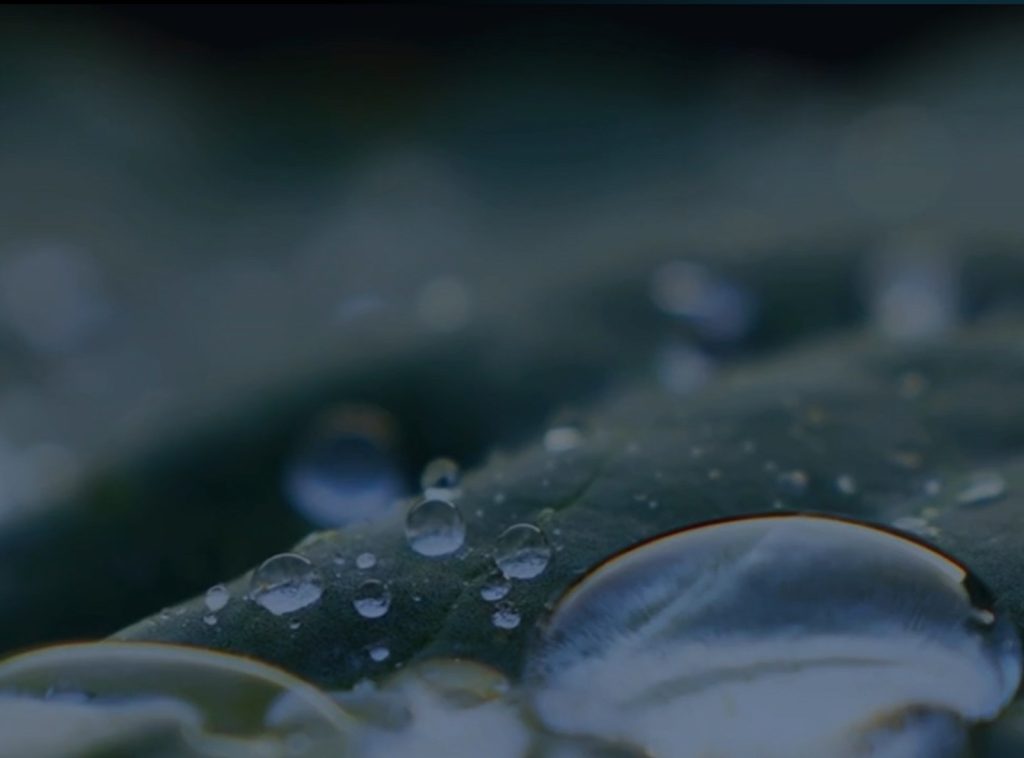First, Check the Facts
My response to “First, Do No Harm” by Pessie Schlafrig, director of Chaim Medical Referral Agency; Ami Living, Pesach issue – April 2025
May 2, 2025
Ami Magazine chose not to print this response.
But the truth is right here:
Dear Rechy & Ami Living Editorial Team,
As someone with deep respect for the role your publication plays in our community, I appreciate your willingness to explore health topics that matter to so many families. The Pesach article “First, Do No Harm” raised important concerns about unregulated supplements—but it also made sweeping claims about alternative medicine that are both misleading and untrue.
I’ve enclosed a response below, titled First, Check the Facts, which I hope you’ll consider printing in the interest of factual accuracy and intellectual honesty, and to ensure your readers are fairly informed with balanced information—even when personal views differ. I truly hope you will choose to give space to truth and print this rebuttal—especially when the previous article risks leaving readers with a deeply misleading impression of alternative medicine.
>>>
Thank you for raising awareness around the potential dangers of unregulated supplements and for reminding readers that “natural” does not always mean safe—an important and valid point. However, using that concern to broadly discredit almost all forms of alternative medicine, especially a rigorously practiced medical system like classical homeopathy, is not only inaccurate—it risks discouraging readers from considering other credible paths to healing.
The article is written from the perspective of someone working in a medical referral agency. In that role, it is likely to encounter doctors who, despite their credentials, one would not feel comfortable recommending to patients. Yet no one would suggest that a few poor practitioners invalidate the entire field. So why does a different standard apply to alternative medicine? Why is it fair to discredit an entire system of medicine based on the actions of a few?
The title of the article, First, Do No Harm, is a phrase often associated with medical ethics. Yet, it overlooks a sobering irony: medical error is the third leading cause of death in the United States, after heart disease and cancer. According to research published in the BMJ (British Medical Journal), over 250,000 deaths per year are attributed to medical mistakes in U.S. hospitals—nearly 700 deaths every single day!
And yet, we don’t see articles warning people away from conventional medicine. Instead, we recognize that no system is perfect and that safety depends on careful, informed use with trusted providers. That same standard of nuance and balance should apply when discussing alternative medicine.
The article claims there are no documented cases of cancer remission using alternative treatments, stating bluntly: “Trying to outsmart cancer with alternative treatment doesn’t work. Ever.” That’s demonstrably untrue—and such an easily disproven statement raises concerns about the article’s overall accuracy.
For instance, a peer-reviewed case published on PubMed describes a teenage girl with embryonal carcinoma and immature teratoma who experienced complete remission under classical homeopathy after conventional treatments failed.¹
Another case, published in Integrative Medicine Reports, documents a woman whose high-grade cervical intraepithelial neoplasia (CIN) fully resolved with individualized homeopathic treatment—confirmed by follow-up biopsies and Pap smears.²
These aren’t vague anecdotes; they’re published, verifiable outcomes that deserve to be part of the conversation before dismissing alternative medicine entirely.
The article also suggests that many perceived improvements from alternative treatments can be attributed to the placebo effect. But it’s worth asking: has the placebo effect ever cured cancer, reversed cervical dysplasia on a biopsy, eliminated a brain tumor on imaging, or saved a patient from amputation due to gangrene?
These aren’t vague testimonials or subjective improvements—they are documented outcomes in peer-reviewed case studies of classical homeopathy, showing measurable remission and recovery where conventional treatments had failed. To reduce these results to placebo defies both clinical logic and the evidence.
This isn’t to suggest that homeopathy–or any alternative therapy— has all the answers, or that it can cure every case of cancer. But it’s important to acknowledge what these systems can offer—particularly for chronic conditions where modern medicine often admits it can only manage symptoms, not cure. Closing the door on these options doesn’t just shut out hope—it may rob someone of the only treatment that could have helped them.
Equally concerning is the implication that patients who choose a different path than conventional medicine are “not using the seichel Hashem gave them”. That’s not only a deeply unfair and insensitive characterization—it’s completely inaccurate. The reality is that many who turn to alternative medicine are among the most informed, educated, and proactive patients out there. They don’t act out of ignorance or desperation. They’ve done the research, asked the hard questions, and recognize that conventional medicine often lacks solutions for chronic conditions.
The article closes by saying belief in healing isn’t about trusting medicine, but in Hashem. We all believe that healing comes from Hashem. And we also believe that Hashem gave us tools—through nature and through medicine—to help facilitate that healing. Discrediting one path in favor of another doesn’t honor that truth.
To write responsibly about public health topics—especially in a publication that so many families turn to for guidance—requires more than repeating widely held assumptions. It requires careful investigation, the willingness to consider data that might challenge our assumptions, and a sensitivity to the harm that misinformation can cause in both directions.
I truly appreciate your concern for patient safety. We share that concern. That’s why I believe these nuances matter. We all want to protect the vulnerable—and that includes protecting them from being deprived of the very help that could make a real difference—or even save a life.
¹ Nayak D, Oberai P, Varanasi R, et al. Embryonal Carcinoma with Immature Teratoma: A Homeopathic Case Report. Indian J Res Homoeopathy. 2017;11(4):275–281. View on PubMed
² Srinivasan V. Cervical Intraepithelial Neoplasia Managed with Classical Homeopathy: A Case Report. Integr Med Rep. 2022;1(1). View Study


